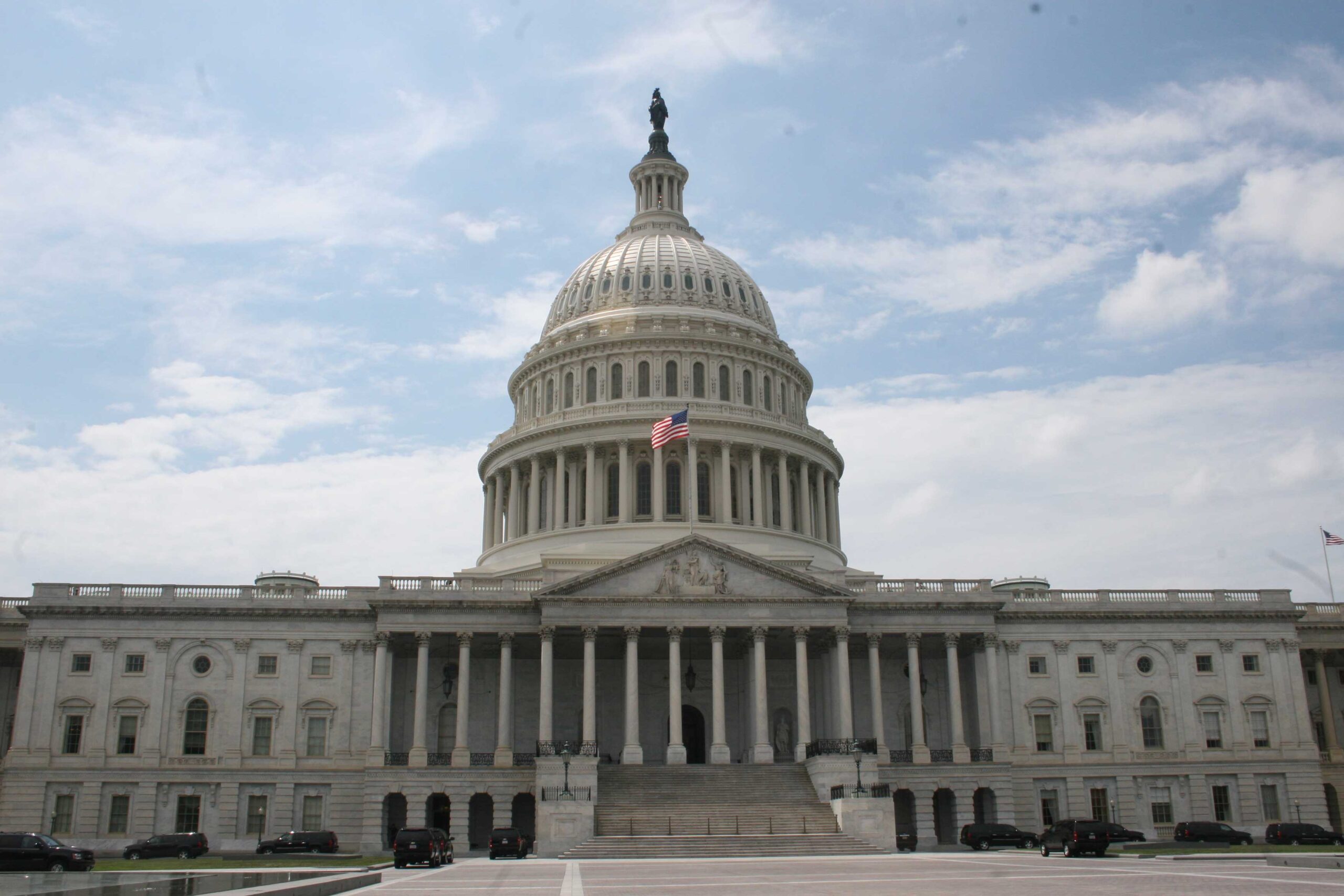Negotiations over the fiscal year 2026 (FY2026) federal budget remain at a standstill as Congress is on recess this week for Rosh Hashanah. Last week, the House passed a short-term continuing resolution (CR) to extend federal funding. However, the Senate was unable to advance any CR, leaving no agreement in place to maintain current funding levels beyond September 30. Both chambers are scheduled to return on Monday, September 29, to continue negotiations.
Key Highlights
House: On September 19, the House CR, developed by Republicans, passed 217–212 along party lines. The bill would maintain FY25 funding levels through November 21. It did not include any unexpected provisions related to housing or homelessness.
Senate: Senate leaders agreed to bring both the House-passed CR and a second proposal to extend funding through October 31 developed by Democrats to the floor for a vote. Neither the House CR (44–48) nor the Democratic alternative (47–45) passed.
CoC Grant Renewals: In 2023, Congress authorized the U.S. Department of Housing and Urban Development (HUD) to conduct a two-year Continuum of Care (CoC) grants competition for fiscal years 2024 and 2025. In July 2025, HUD announced it would initiate a new competition for 2025 rather than proceed under the terms of the 2023 authorization. The Democratic CR bill included language to extend all CoC grants set to expire in 2026 by 12 months. Although the provision did not pass, it remains under consideration in ongoing federal budget negotiations.
What Happens if There is a Government Shutdown
If Congress does not pass a continuing resolution or full-year appropriations by October 1, a partial government shutdown will occur. While some HUD programs may continue operating during a government shutdown using previously obligated or multi-year funds, others will be temporarily paused. Service providers should be aware that access to new funding, technical assistance, and contract renewals may be unavailable until a CR is passed.
What You Can Do to Prepare:
- Stay in close contact with your HUD field office or federal partners for guidance on allowable activities, reporting, and drawdowns before the shutdown.
- Draw down any available obligated funds through eLOCCS or other relevant HUD, Health and Human Services (HHS), and/ or Veterans Affairs (VA) systems.
- Review your organization’s cash flow and contingency plans to ensure continuity of services in case of delayed reimbursements or interruptions in federal support.
Related Litigation and Program Developments
While FY2026 budget negotiations remain ongoing, CSH is also monitoring other key developments that may have an impact on the supportive housing field. A temporary restraining order has paused HUD’s distribution of funds under the CoCBuilds program while litigation proceeds. Additionally, HUD is expected to release a new CoC Notice of Funding Opportunity (NOFO) in the coming weeks, which may include changes to program priorities. CSH remains committed to ensuring that supportive housing, backed by decades of evidence and sustained outcomes, continues to receive the funding it needs.
CSH will continue to track all developments and provide updates on budget negotiations once Congress returns from recess. We encourage you to contact your members of Congress and urge them to include language in any continuing resolution that would renew all Continuum of Care grants set to expire in 2026 for an additional 12 months, and to support robust funding for supportive housing in the FY2026 federal budget. You can contact your representatives here.




